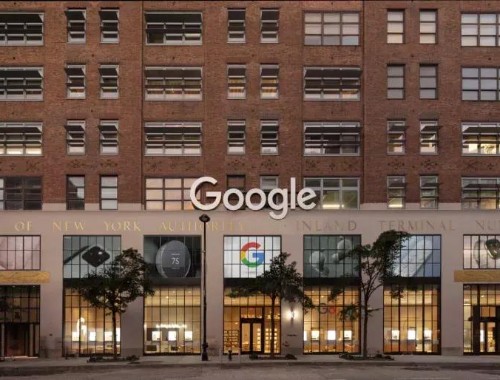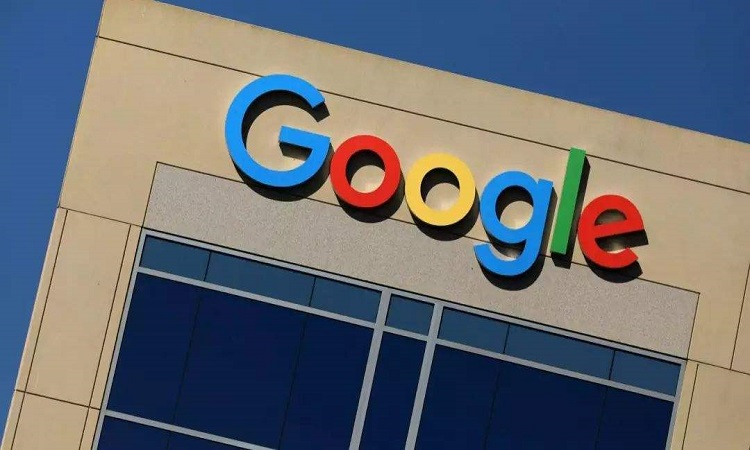The Story Behind Google's Secret Offer to Settle EU’s Android Probe
European Union Competition Commissioner Margrethe Vestager coolly hit Google with a 4.3 billion-euro ($5 billion) fine last week, the biggest penalty in the history of antitrust enforcement.
European Union Competition Commissioner Margrethe Vestager coolly hit Google with a 4.3 billion-euro ($5 billion) fine last week, the biggest penalty in the history of antitrust enforcement.
Months earlier, when the company -- already reeling from a 2.4 billion-euro fine in another EU case -- made quiet attempts to settle the probe into deals it has with Android phone makers, the response was equally chilly.
The Silicon Valley search giant had waited at least a year too long to broach the subject of a settlement, the 50-year-old Vestager said in an interview. When a company wants to settle, it needs to "reach out immediately after" getting the EU’s initial complaint or statement of objections.
"That didn’t happen in this case and then of course it takes the route that it has now taken,” Vestager said of the settlement talks, which haven’t been previously reported. “So no surprises."
Google, a unit of Alphabet Inc., has been one of the EU’s biggest antitrust targets, with three probes, countless headlines and a steady drumbeat of smaller rivals and customers demanding action. The company has now twice failed to strike settlements that would resolve cases into its shopping services and Android that have resulted in a total of 6.7 billion euros in fines -- with a looming threat of more still to come.
Google declined to comment on the settlement attempts. Google will appeal the EU decision, Chief Executive Sundar Pichai said in a blog post. The company has "shown that we’re willing to make changes," he said.
In the weeks after the June 2017 fine in the shopping case, Google lawyers began to make overtures to their EU counterparts to express a willingness to settle the probe into Android, one of the company’s flagship products. Previous attempts to start a conversation with the EU on ways to end the probe had failed to catch fire, with officials stonewalling or saying it was too early to negotiate, people familiar with the negotiations said.
The Mountain View, California-based company’s incentive to settle the Android probe was easy to see.
Google gives Android software for free to mobile phone makers but coerces them to pre-install Google’s apps if they want the Play app store, which offers more than a million programs. The search giant also pays phone manufacturers, telecommunications carriers and other browser makers to run Google’s search engine which collects user data. Thanks to those agreements, Google has captured almost $50 billion in yearly mobile ad-market sales, or a third of the global market, according to research firm EMarketer.
Google executives believed Vestager left the door open to a deal when she refused to rule out a settlement at the June 27, 2017, press conference where she announced the fines in the shopping case.
“Each case is separate,” she told reporters. “And obviously I have taken no conclusions in the cases that are still open.”
Encouraged, Google’s lawyers drafted a letter suggesting possible changes to address the EU concerns, according to the people familiar with the discussions.
Some people said contacts started in August. Two others said a discussion started later in the year and a formal letter wasn’t sent until shortly after Pichai’s Nov. 16 meeting with Vestager in Brussels.
Google said it was prepared to adjust contracts to loosen restrictions the EU didn’t like, even weighing distributing apps in two different ways going forward. The letter didn’t go into detail, only setting out an outline to kickstart talks, according to the people, who declined to be identified because the initial conversations with regulators were confidential.
The lawyers never received a formal response, hearing from officials by phone months later that a settlement was no longer an option. That prevented them from even discussing whether the company would be willing to pay a fine as part of a deal, the people said.
(Source: bloomberg.com)





 沪公网安备31010402003309号
沪公网安备31010402003309号



